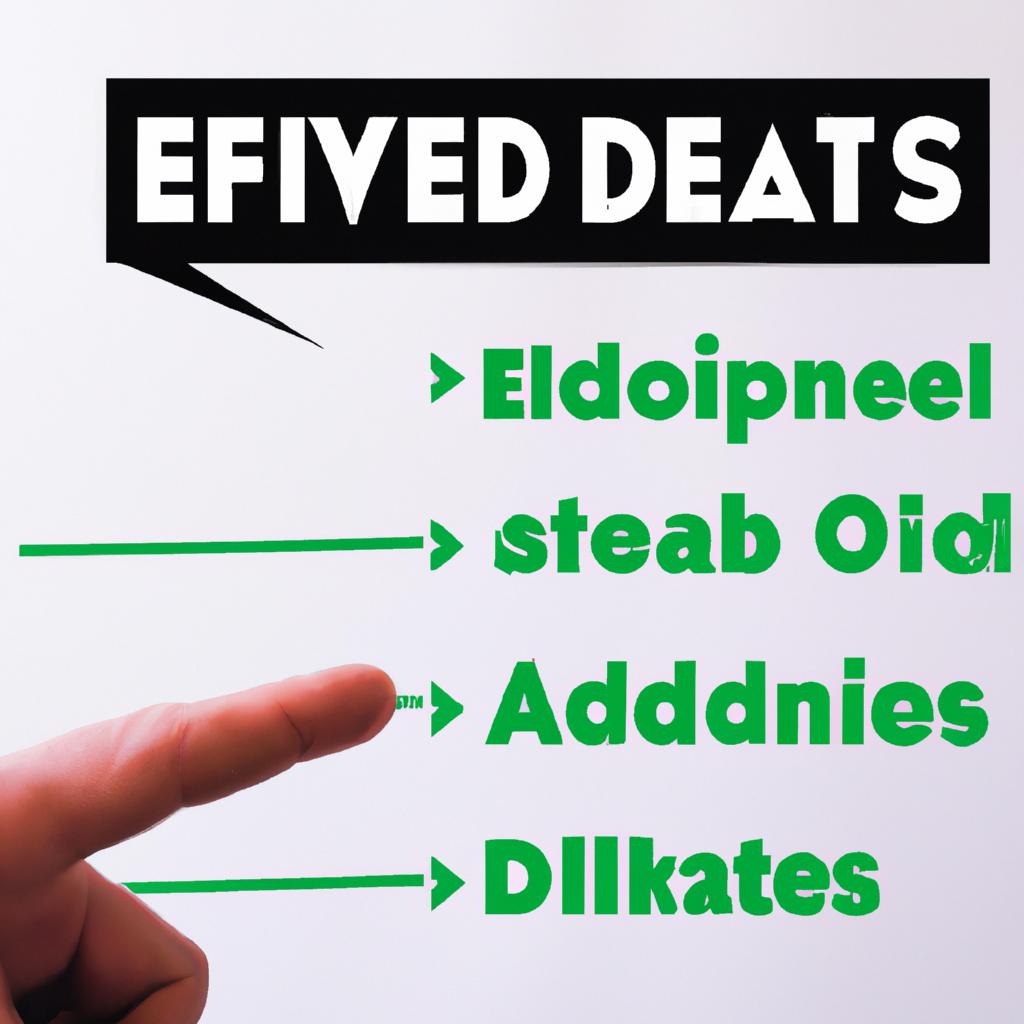Welcome to Morgan Legal Group, where we specialize in estate planning, probate, elder law, Wills, and trusts. In this article, we will guide you through the process of executing a quick deed, a valuable tool in real estate transactions. Whether you are transferring property to a family member, adding a spouse to the title, or making a gift, understanding how to properly execute a quick deed is essential. Let us provide you with the knowledge and expertise to navigate this important legal procedure.
Understanding the Purpose of a Quick Deed
When it comes to transferring property ownership, a Quick Deed can be a powerful tool. is crucial for anyone looking to quickly and efficiently transfer property without a lengthy and costly process. A Quick Deed, also known as a Quitclaim Deed, is a legal document used to transfer interest in real estate from one party to another without any warranties or guarantees.
One of the key benefits of a Quick Deed is its simplicity. Unlike a traditional property transfer process, a Quick Deed can be completed in a fraction of the time. Additionally, Quick Deeds are often used in scenarios where the transfer of property is between family members or in situations where the property ownership is straightforward. However, it is important to consult with a legal professional before proceeding with a Quick Deed to ensure that all legal requirements are met.

Key Considerations Before Executing a Quick Deed
Before executing a quick deed, there are several key considerations that must be taken into account. First and foremost, it is crucial to thoroughly review the deed to ensure that all necessary information is accurate and complete. This includes verifying the names of the parties involved, the legal description of the property, and any relevant terms or conditions.
- Verify the accuracy of all information on the deed.
- Ensure that all parties involved are willing and able to execute the deed.
- Consult with an attorney to ensure that the deed complies with all legal requirements.
Additionally, it is important to consider any potential tax implications of transferring the property through a quick deed. Depending on the specific circumstances, there may be tax consequences that need to be addressed prior to executing the deed. Consulting with a tax professional can help ensure that all tax considerations are properly accounted for.

The Process of Drafting and Executing a Quick Deed
When drafting and executing a quick deed, it is essential to follow a specific process to ensure the transfer of property is legally binding and accurate. The first step is to gather all necessary information, including the names of the grantor and grantee, legal description of the property, and any relevant details such as existing mortgages or liens. This information will be used to create the deed document, which must include the intention to transfer ownership, the consideration for the transfer, and the signatures of both parties.
Once the deed document is drafted, it must be executed according to the legal requirements of the jurisdiction where the property is located. This typically involves signing the deed in the presence of a notary public and having it recorded with the county clerk’s office. By following this process carefully and accurately, the transfer of property through a quick deed can be completed efficiently and effectively, providing both parties with the necessary legal protection and documentation.

Common Pitfalls to Avoid When Using a Quick Deed
When using a quick deed, it’s crucial to avoid common pitfalls that could potentially cause legal issues down the line. One common mistake is not properly understanding the implications of transferring property with a quick deed. It’s important to be aware that once the deed is signed and recorded, the transfer of ownership is final, and reversing it can be a complicated and lengthy process.
Another pitfall to avoid is not thoroughly researching the property and ensuring there are no existing liens or encumbrances. Failing to do so could result in unexpected financial obligations or legal disputes in the future. Additionally, it’s essential to properly fill out the deed with accurate information and ensure all parties involved sign it to avoid any potential challenges to the validity of the transfer.
Q&A
Q: What is a quick deed and why would anyone want to do one?
A: A quick deed, also known as a quitclaim deed, is a legal document used to transfer ownership of property from one party to another. People often use quick deeds to quickly and easily transfer property between family members, friends, or ex-partners.
Q: How can I do a quick deed?
A: To do a quick deed, you must fill out a quitclaim deed form with the necessary information, such as the names of the parties involved, the property description, and the legal description of the property. Once the form is completed, it must be signed in front of a notary public and filed with the appropriate county office.
Q: Is it important to consult with a lawyer before doing a quick deed?
A: While it is not required to consult with a lawyer before doing a quick deed, it is always a good idea to seek legal advice to ensure that the deed is done correctly and there are no unforeseen consequences in the future.
Q: Can a quick deed be reversed?
A: Once a quick deed is completed and filed, it is typically difficult to reverse the transfer of property. It is important to carefully consider all implications before proceeding with a quick deed.
Q: Are there any risks involved in doing a quick deed?
A: There are potential risks involved in doing a quick deed, such as the possibility of undisclosed property liens or encumbrances that may affect the property’s title. It is important to conduct thorough research and due diligence before proceeding with a quick deed.
The Way Forward
In conclusion, mastering the art of quick deed transfers is a valuable skill that can save you time and money in the real estate world. By following the steps outlined in this article, you can ensure a smooth and efficient transfer of property without unnecessary delays. So, go ahead and put your newfound knowledge to good use. Happy deed transferring!


